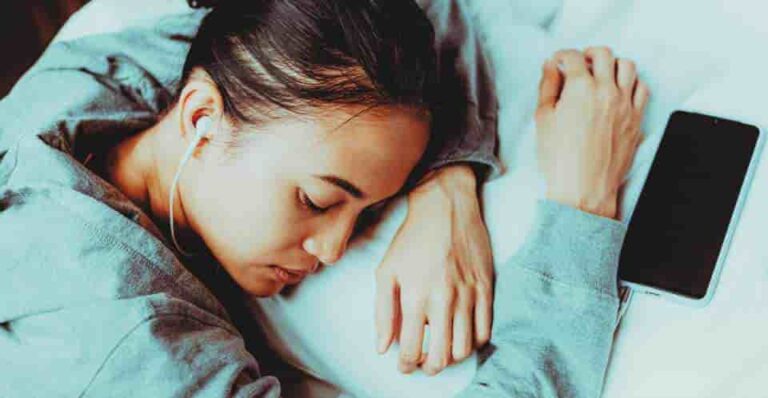According to a recent genetic study by UCL (University College London) researchers, sleeping less than five hours per night may increase the risk of developing depressive symptoms. Previously, poor sleep was thought to be a side effect of mental illness, but this study discovered that the relationship between sleep and mental disease is more nuanced.…
Tag: depression
Mental Health Problems Most Common in Hospitality and Real Estate
According to new research conducted in the United Kingdom, mental health issues such as depression are most common in the hospitality and real estate sectors. Still, they were rising across the board before the COVID-19 pandemic. Researchers from the University of Cambridge and University College London discovered significant gender disparities in common mental health problems…
Love Music? You May Have a Higher Genetic Risk for Depression and Bipolar Disorder
People frequently have an intuitive belief that making music is beneficial to their mental health. A positive impact of music on mental health issues is a foundational component of music therapies. On the other hand, musicians seem to experience depression and anxiety disorders more frequently than musically inactive individuals. How do you explain that? A…
Metacognitive Therapy Can Ease Depression and Anxiety in Heart Disease Patients
Self-help versions of metacognitive therapy (MCT) can reduce symptoms of depression, anxiety, and post-traumatic stress in heart disease patients, according to a a single-blind parallel randomized controlled trial conducted by Greater Manchester Mental Health NHS Foundation Trust (GMMH) and the University of Manchester (UoM). Due to their medical condition, people with heart disease or who…
Reduced Serotonin Release In Brains Of People With Depression
Since the 1960s, researchers have postulated that major depression stems from disruptions in the serotonin neurotransmitter system, but the evidence for that idea, though plentiful, was indirect. A recent review of all the existing research found that the available evidence does not support the so-called serotonin hypothesis. In the aftermath, some researchers have called for…
Ketamine Vs Electroshock Therapy – ECT More Effective Depression Treatment
A new meta-analysis has shown that electroconvulsive therapy (ECT) is better at quickly relieving major depression than ketamine. Most of the time, a person with depression is first prescribed an oral antidepressant medication, along with psychotherapy. But if oral antidepressants don’t work or if the person is in danger of hurting themselves right away, there…
Men View Traditional Depression As More Severe
Males view “traditional” symptoms of depression as more severe than other types and they perceive men with those same traditional symptoms as less masculine, a University of Kansas professor reports in a series of studies. The findings help increase understanding of why men do or don’t seek treatment and the stigma attached to mental health…
Genes Elucidate Why Anxiety And Depression Often Coexist
A genome-wide analysis of approximately 200,000 military veterans has revealed six genetic variants linked to anxiety. Some of the variants associated with anxiety had previously been implicated as risk factors for bipolar disorder, post-traumatic stress disorder, and schizophrenia. “This is the richest set of results for the genetic basis of anxiety to date. There has…
Omega-3 Supplements Have No Effect On Depression Or Anxiety
Omega-3 fats have little or no effect on anxiety and depression, according to new research from the University of East Anglia. Increased consumption of omega-3 fats is widely promoted globally because of a common belief that it will protect against, or even reverse, conditions such as anxiety and depression. But a systematic review published today…







